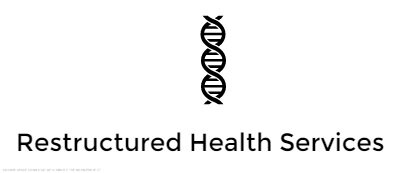Stress and Acupuncture
In the realm of total body health, as I have stated in the past. I tend to use my knowledge and 7 years of manual therapy practice to take care of issues regarding the musculoskeletal system. While in most cases like injury, or overuse the root cause as they would say in Chinese medicine typically has something to do with the physical tissues involved in the area the client is having issues with.
Still, in most cases, there is likely mixing and merging of the physical musculoskeletal system within the interior systems. With my acupuncture using mainly a Japanese Nagano style I tend to focus on the internal systems( Immunological, Hormonal, Digestion, etc.)
One area that I have seen East Asian Medicine and Acupuncture more specifically work its stuff is in regard to the calming of the mind. In Chinese medicine, the mind or “Shen” is a very important aspect of one’s wellbeing. Stress although a necessary part of life can sometimes overwhelm those who find themselves in a place where their coping strategies can longer meet the needs the body is going through.
I have routinely seen how a couple of well-placed needles can get folks to relax and leave the table more grounded and relaxed than when they came in. This has been the case whether in more acute cases of life events happening or in cases where the client, in particular, has been dealing with chronic stress or even anxiety.
One study of 66 participants of those who worked or studied in a large urban university looked at the perceived level of stress in participants who received real or sham acupuncture. The study use their sham acupuncture as receiving acupuncture “ into three points on the body that are located in between meridians and not known to have any effect on stress. Needles were inserted unilaterally and without stimulation or manipulation to avoid the needling sensation known as de qi.”
Results were as follows:
“There was a 45.8% improvement in the perception of stress in the verum acupuncture group at the conclusion of the treatment phase, similar to the sham acupuncture group, which showed a 40.3% difference. While both verum and sham acupuncture patients showed a substantial initial decrease in perceived stress scores, at 12 weeks post-treatment, verum acupuncture showed a significantly greater treatment effect than sham acupuncture. After 3 months post completion, the mean PSS-14 score only slightly increased and maintained a 40.2% decrease as compared to the pre-treatment score. The sham group's PSS-14 score went to a 24.1 % decrease from the pre-intervention score.”
Sham acupuncture and the placebo effect and how it works with medicine may be something that I will bring up in future posts but in any case for those that participated had some substantial changes in their perception of stress
Have you tried acupuncture? What benefits did it give you? Did you feel more relaxed after? Post to comments.
For more info on Japanese-style acupuncture or our other modalities contact today.
Schroeder, S., Burnis, J., Denton, A., Krasnow, A., Raghu, T. S., & Mathis, K. (2017). Effectiveness of acupuncture therapy on stress in a large urban college population. Journal of Acupuncture and Meridian Studies, 10(3), 165–170. https://doi.org/10.1016/j.jams.2017.01.002

